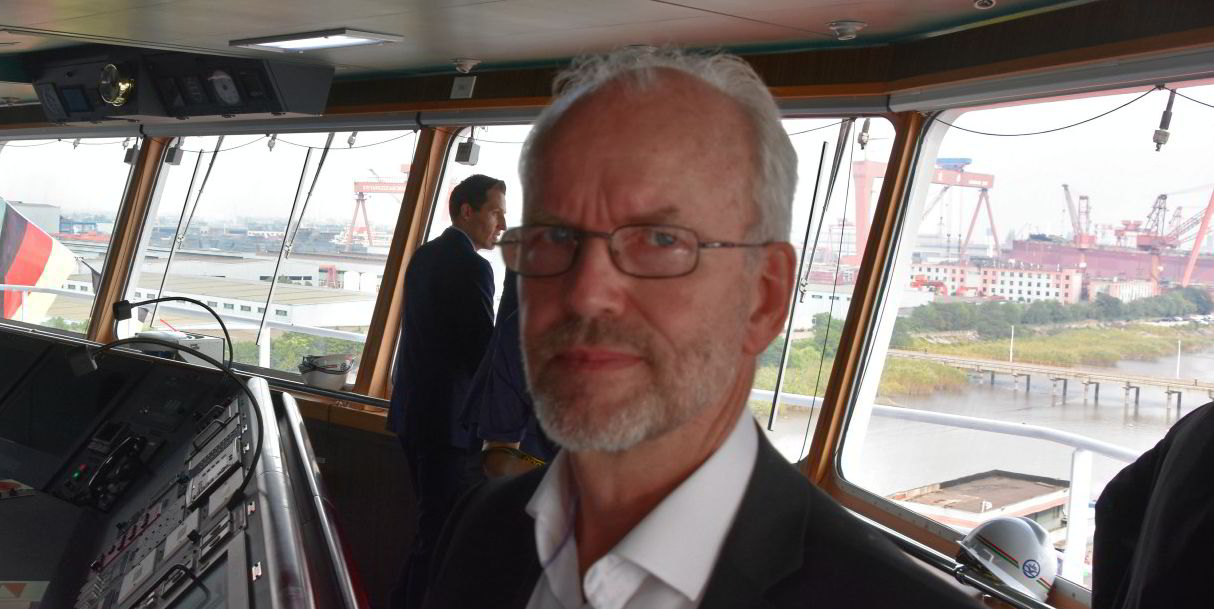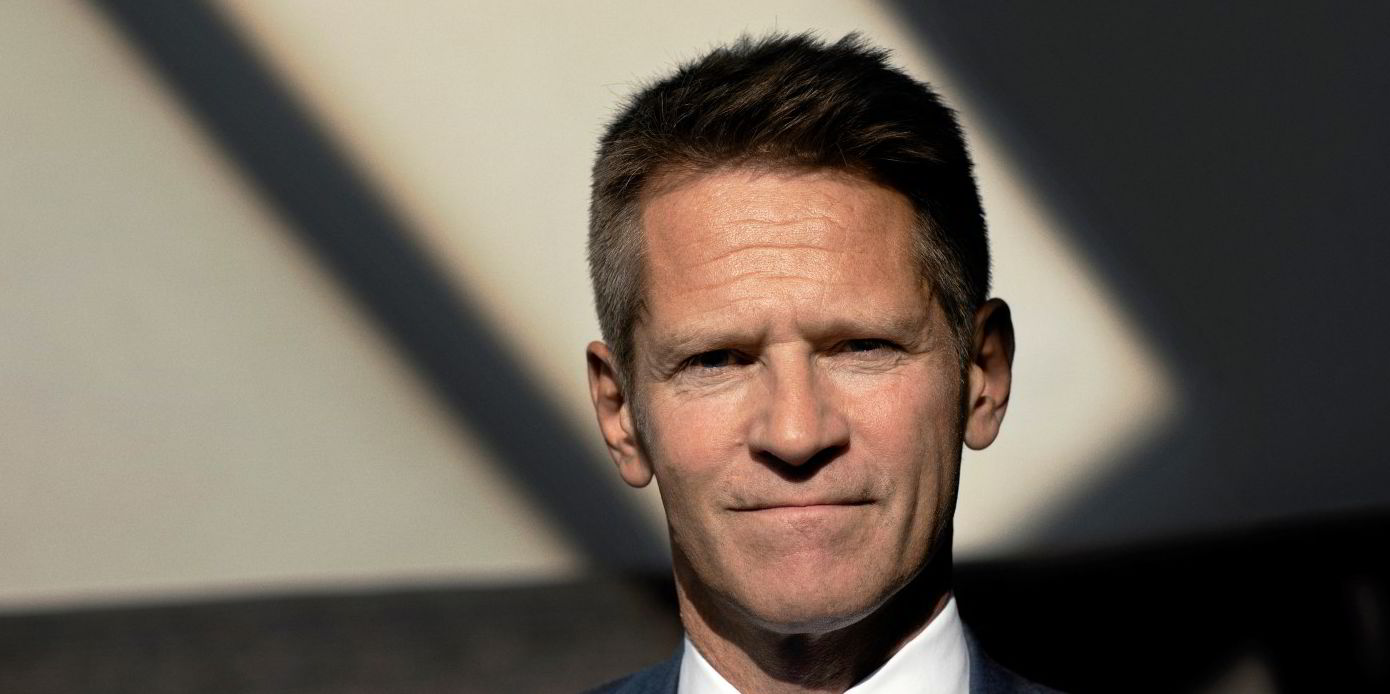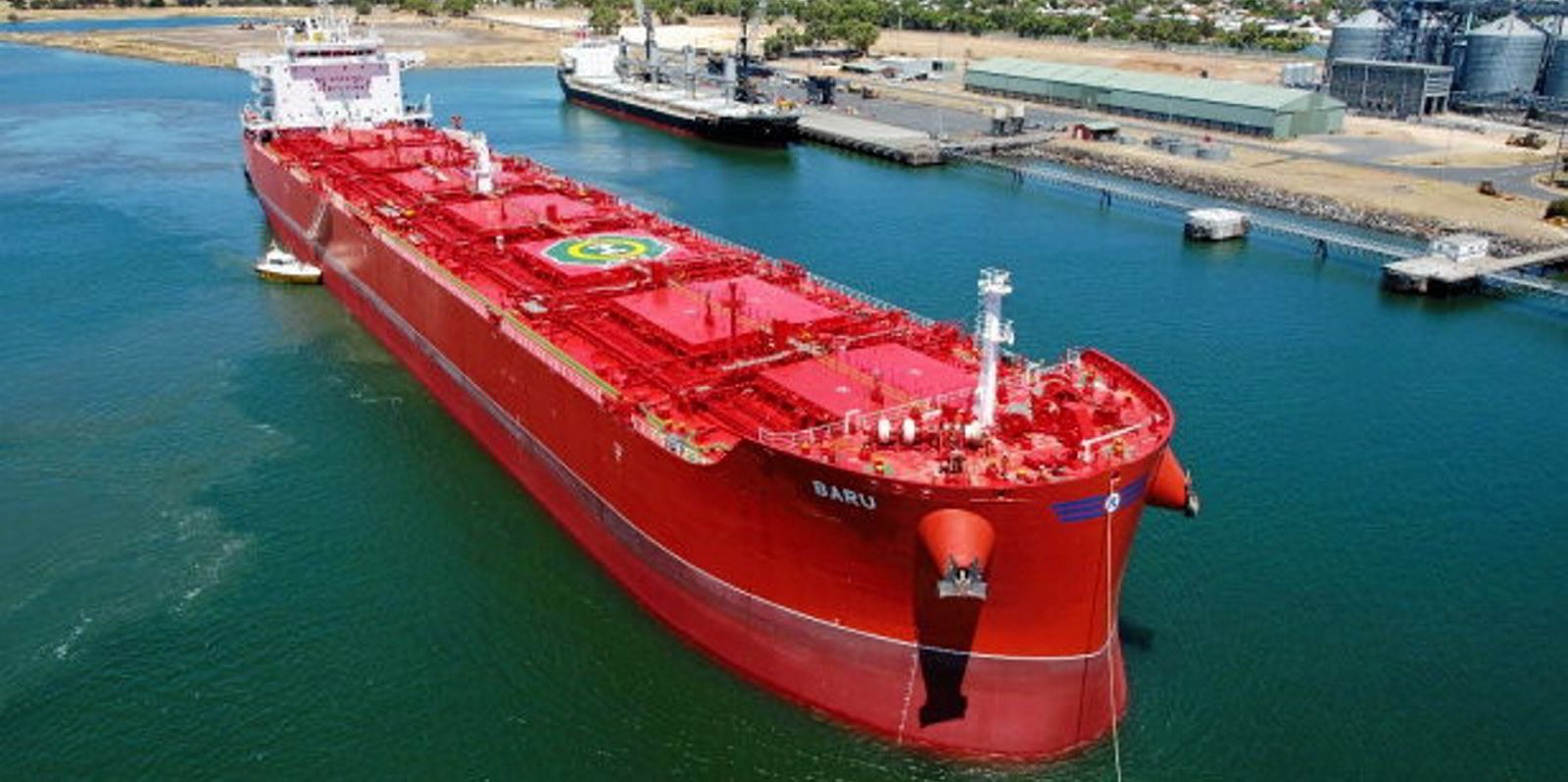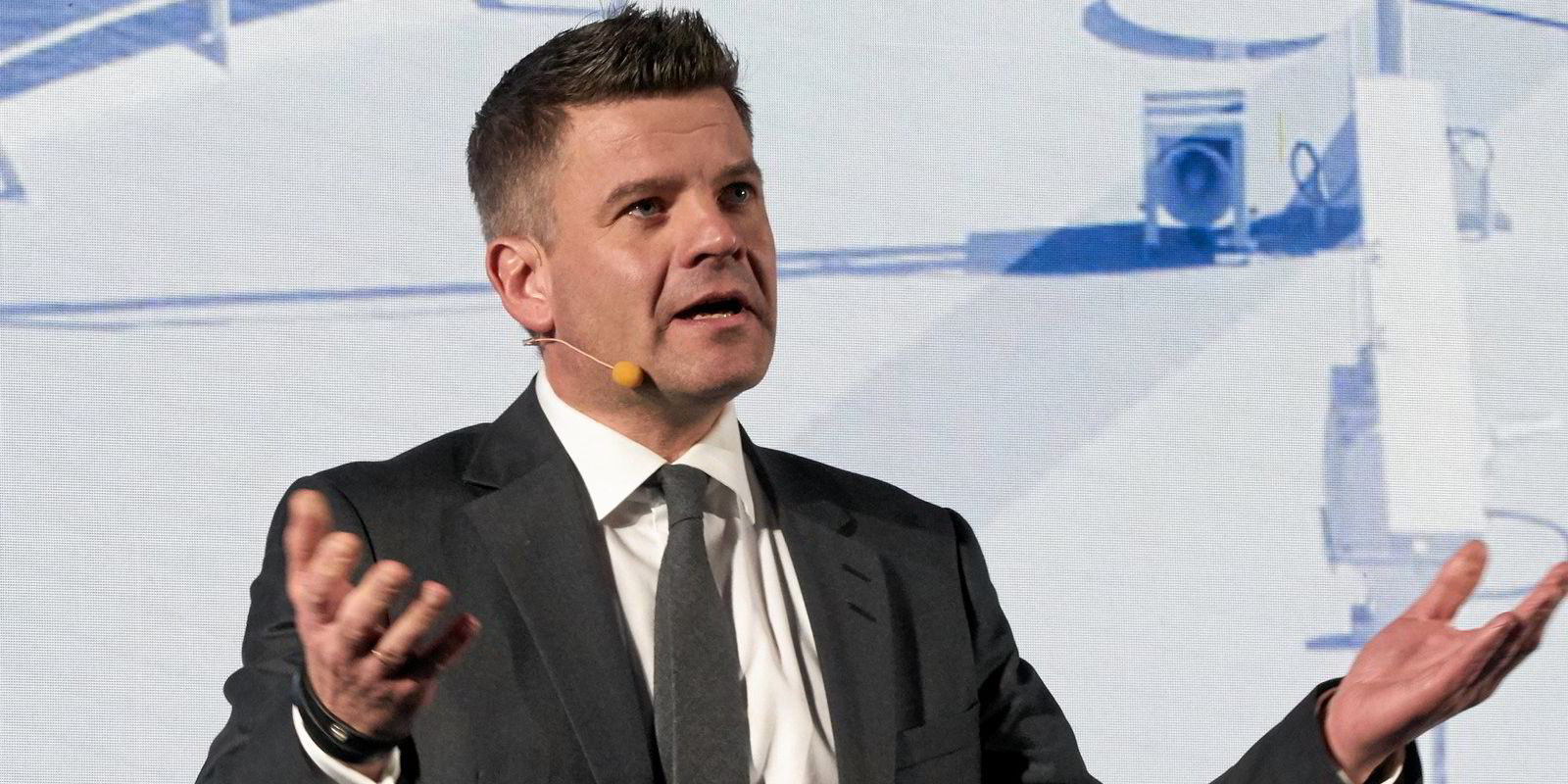A new long-term contract meant to promote decarbonisation still has its commercial blanks to be filled in, according to Klaveness Combination Carriers (KCC).
"It's a framework for working together over the long contract duration," KCC chief executive Engebret Dahm told TradeWinds.
He was speaking of the recently announced six-year contract of affreightment (COA) to carry caustic soda for long-term client South32.
"It's a way to reach our longer-term targets of carbon reduction by emissions reporting and by setting a trajectory for annual CO2 reduction targets," he said.
But possible payments for reducing emissions as time goes by are not in the contract terms. KCC and South32 will still have to discuss details about how to incorporate the fulfilment of the decarbonisation goals under the six-year COA framework.
The business under the contract is not new in itself.
KCC and its corporate parent Torvald Klaveness have been serving South32's Worsley Alumina refinery for decades, and the KCC fleet is designed largely with the needs of such a partner in mind.
An important part of the company's business plan has included providing low-emission transportation by minimising miles in ballast.
In the case of the so-called Cabu fleet, that includes discharging and loading dry and liquid cargoes — bauxite, alumina, and caustic soda — for the same customers.
In the past three reporting years, between 55% and 71% of KCC's Cabu cargoes have consisted of caustic soda solution, alumina and bauxite.
The new COA is supposed to promote further emissions reductions in KCC's operations by setting goals and monitoring performance.

"The parties will discuss during the contract period possible incentives for reaching the set emission reduction targets, to assist KCC in carrying through necessary initiatives to deliver targeted emission reductions," he said.
"One of many possible ways could be to have freight rates linked to realising emission reduction targets, with a defined penalty if we don't deliver and a defined premium if we do."
"Although several parts of the sustainability framework are not yet fully agreed, this contract is a milestone because it shows a real commitment of both parties to work towards realising substantial cuts in carbon emissions from shipping," Dahm said.
"What we promise our customers is to deliver the most cost-efficient way of reducing emissions."
KCC's fleet consists of eight panamax to kamsarmax-size Cabu ships, able to carry caustic soda and certain other liquids as well as bulk cargoes, and eight Cleanbu ships, which carry a full range of liquid and bulk cargoes as kamsarmax/LR1 hybrids.





